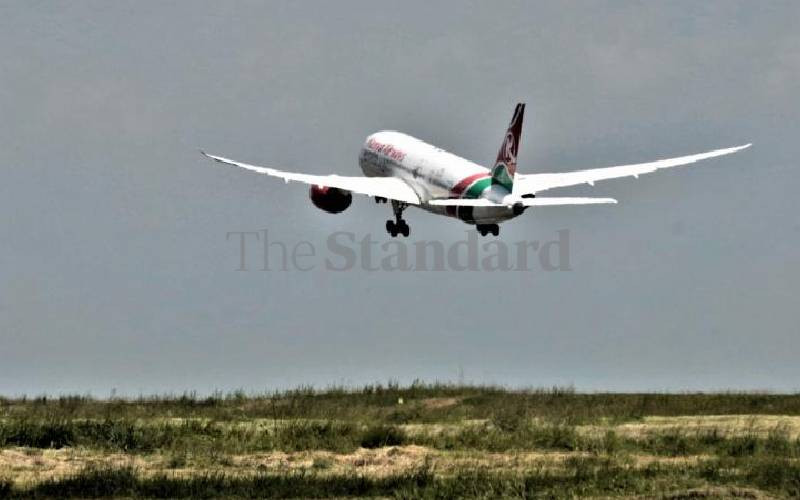×
The Standard e-Paper
Kenya’s Boldest Voice

The aviation industry in Africa has continued to perform strongly with increased passenger traffic and operational efficiency, the African Airlines Association (AFRAA) has reported.
AFRAA in a statement noted that key drivers of the robust performance included expanded routes, better connectivity, and rising domestic and international travel demands.